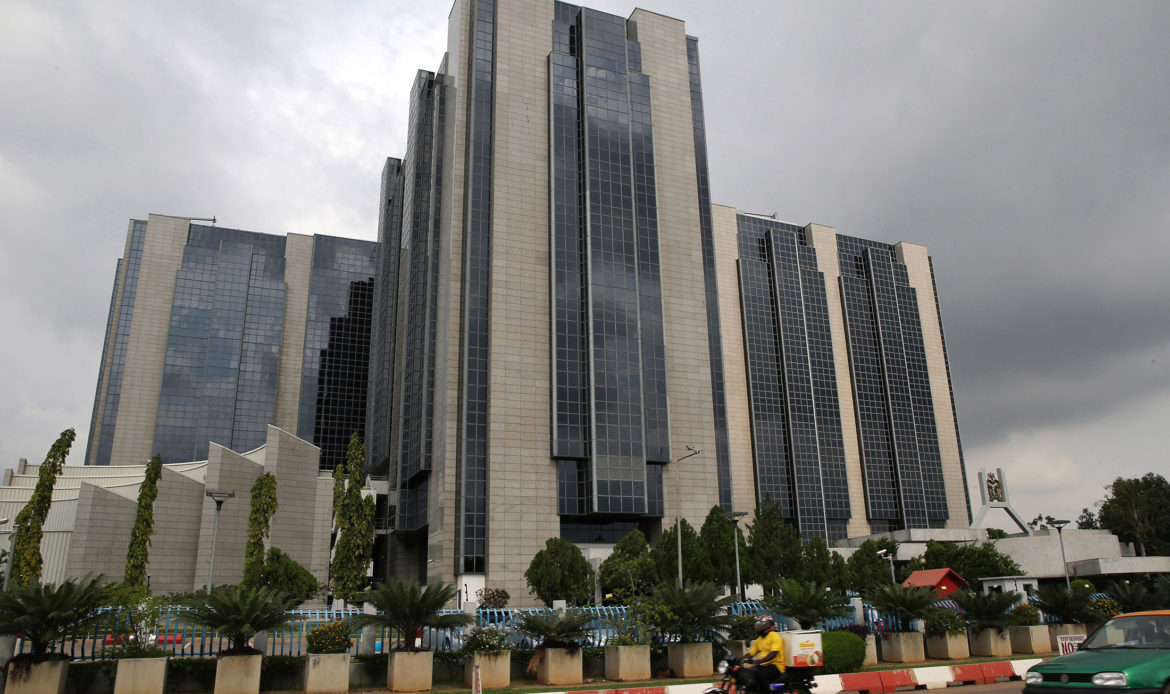The Central Bank Of Nigeria Creates Positive Policy Measures In Response To COVID-19.
In an official document, released on the March 16, 2020, the CBN outlined the following new policy measures:

EXTENSION OF MORATORIUM: All CBN intervention facilities were granted a further moratorium of one year on all principal repayments, effective March 1, 2020. This gives people who have gotten any intervention loan currently under moratorium an additional grace period of one year.
INTEREST RATE REDUCTION: Interest rates on all applicable CBN intervention facilities were reduced from 9% to 5% per annum for one-year effective March 1, 2020.
CREATION OF A N50 BILLION TARGETED CREDIT FACILITY: The CBN established a facility through the NIRSAL Microfinance Bank for households and Small- and Medium-sized Enterprises (SMEs) that have been affected by Covid -19. This includes, but is not limited to, hoteliers, airline service provides, health care merchants, etc. The Nigeria Incentive-Based Risk Sharing system for Agricultural Lending (NIRSAL) Microfinance Bank is a leading Nigerian financial Institution licensed by the Central Bank of Nigeria (CBN) in Nigeria. They offer a variety of loan packages for both farmers and SME owners.
CREDIT SUPPORT FOR HEALTHCARE INDUSTRY: To meet potential increase in demand for Healthcare services and products, the CBN opened loans to pharmaceutical companies intending to expand/open their drug manufacturing plants in Nigeria, as well as to hospital and healthcare practitioners that intend to expand/build the Health facilities to first class centers.
REGULATORY FORBEARANCE: The CBN granted all Deposit Money Banks permission to consider temporary and time-limited restructuring of the tenor and loan terms for businesses and households most affected by the outbreak of Covid-19, particularly Oil and Gas, Agriculture, and Manufacturing. Furthermore, the CBN promised to work closely with DMBs to ensure that the use of forbearance is targeted, transparent and temporary, whilst maintaining individual DMB’s financial strength and overall financial stability of the system.
Read also, Olasunkanmi Opeifa: A Nigerian Teacher Makes Top 50 In the Global Teacher Prize 2020
STRENGTHENING OF THE CBN LDR POLICY: In view of the success of the LDR Policy in growing credit to the real economy and reducing interest rates, the CBN promised to further support industry funding levels to maintain DMB’s capacity to direct credit to individuals, households and businesses. The LDR policy in 2019 set Loan-to-Deposit Ratio (LDR) at 60%, and later 65%, for banks in order to ramp up the Nigerian economy. Loan-to-Deposit ratio compares a bank’s total loans to its total deposits for the same period and is generally expressed in percentage terms. A higher loan to deposits ratio means that the bank is issuing out more of its deposits in loans and vice-versa. CBN promised also to consider additional incentives to encourage extension of longer tenured facilities.
For more information, please visit www.cbn.gov.ng.
